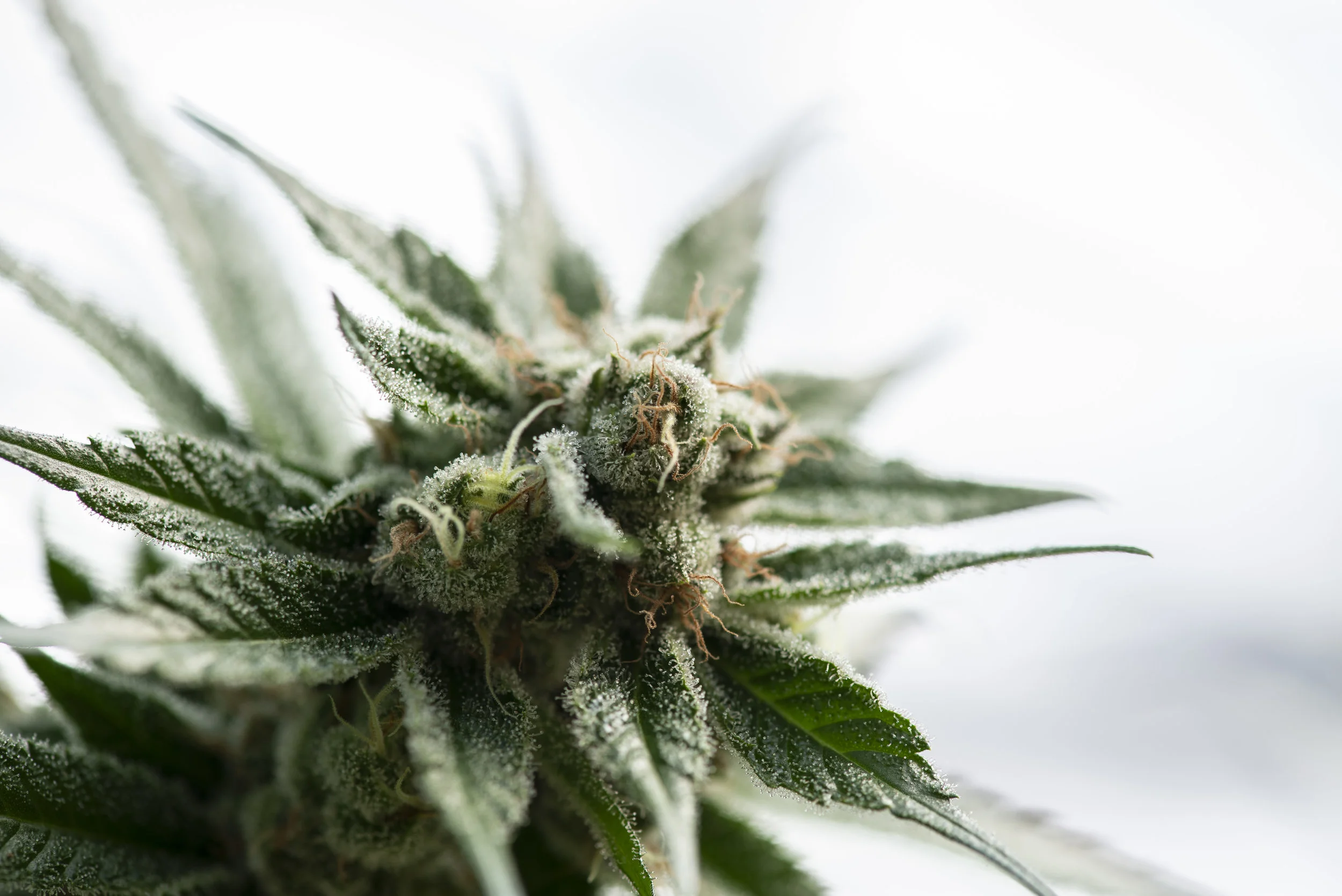Using THC every night to get good sleep may not work forever, or may require increasing doses to remain effective.
Read MoreCannabis does have effects on the immune system, and some promising research has raised hope for the use of cannabinoids to decrease auto-immune damage.
Read MoreCannabis has been used throughout history to treat the pain that comes with rheumatoid arthritis. Recent studies show that THC has pain reducing qualities, and both THC and CBD have anti-inflammatory effects.
Read MoreALS (also known as Lou Gehrig’s Disease) is a fatal motor neuron disease, affecting an estimated 30,000 Americans. ALS causes the degeneration of nerves that control voluntary muscle movement, like those that allow us to chew, speak, and walk.
Read MoreHIV/AIDS patients use medical cannabis to treat pain, nausea, loss of appetite, anxiety, and depression.
Read MoreIn the purest sense, harm reduction strategies are efforts to reduce the effects of any harm that comes our way, whether that harm comes from natural causes, such as the inevitable break-down and need for repair of organic matter, or from external causes. such as injury, disease, or well-intentioned medical treatments.
Read MoreThe effects of cannabis can be as variable as the individual patients who use this medicine. Learn more about therapeutic, side, and adverse effects.
Read MoreThere is clear evidence that cannabinoids can be an effective palliative care option for cancer patients.
Read MoreThe endocannabinoid system is intimately involved with not only the ability to forget painful, damaging memories, but with fear conditioning as well.
Read MoreTHC, CBD and beta caryophyllene (a terpene present in cannabis) have all been shown to reduce pain.
Read More









